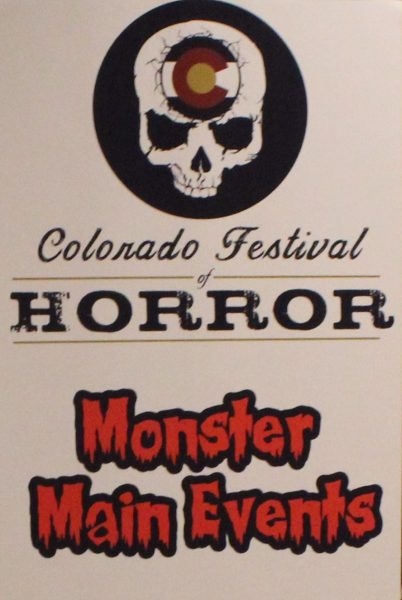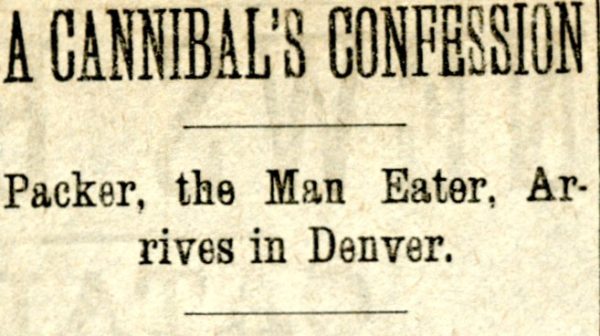Gaming the past: a new way to discover the old
Image via Savannah Putman
There are two types of people in the world: those who really enjoy learning about historic dates, figures and events, and those who couldn’t care less about some old dead guys. Unfortunately for the latter, history is a required credit for nearly every degree program.
But what if there was an option that allowed you to experience the past in a way that no other history class has done before?
Imagine assuming the role of Benjamin Franklin, Thomas Jefferson, or another member of the Second Continental Congress to fight for America’s independence from Britain, while a different class plays the role of British Parliament attempting to regain control of their colonies and change the course of history.
It is called immersive game-based learning and Elijah Dicks is adding his own personal twist on a relatively new teaching style.
Reacting to the Past (RTTP) is an alternative method to teaching history through debates, collaboration and researching primary sources. Dicks has taken it a step further and designed his own game boards to accompany the games originally inspired by RTTP.
“I noticed a huge void… Students enjoyed the debate portion but it lacked strategy,” said Dicks. That is where the elaborate board design and competition between groups takes these games up a notch.
“Competition correlates to immersion,” said Dicks. He went on to explain that the game-based courses he teaches encourage students to engage in debate, politics, socio-economic issues and strategic thinking — all for the purpose of fostering a deeper understanding of topics that can be extremely difficult, or boring, for students to learn from a lecture.

According to his retention rates, this style of teaching is reaching students differently than traditional History courses. A 20% drop-rate is considered typical, but the game-based History courses typically see only ~5% drop-rate. Dicks insists this isn’t because his classes are any easier, they are just more engaging to a wide range of learners: auditory, visual and experiential.
“It’s hitting those learning areas, and it’s fun. [The games] return an interest to topics that history books have made boring,” Dicks said excitedly. “How can the French Revolution be boring?”
If you are interested in taking a game-based History course, Dicks will be teaching two installments of the games in the Fall 2016 semester.
HIS 121-102: US History to Reconst: TR 1 – 2:15. “American side”
The six week gaming component to this course is linked with the “British side” in battle for America.
HIS 102-101: The World 1500 – Present, MW 1 – 2:15. “British side”
The six week gaming component to this course is linked with the “American side” in battle for America. The game is designed in a way that the class can change the course of history and maintain control of the British colonies.
HIS 122-101: US History since Civil War, MW 11:30 – 12:45
The six week gaming component to this course is Gilded Age Tycoons. It is based in 1870-1900 United States and students will build an empire of oil, steel and railroad industries and try to match the success of tycoons such as John D. Rockefeller.
[Editor’s note: this article was edited May 6, 2016 to reflect that RTTP inspired the games; Elijah Dicks wrote and developed his own material for Gilded Age and Battle for America.]

Savannah Putman is a second-year Journalism student at ACC and plans to enroll in a four-year university in the Denver area. As a Colorado transplant, she is enthralled with the enriching culture and sense of community that Colorado...








